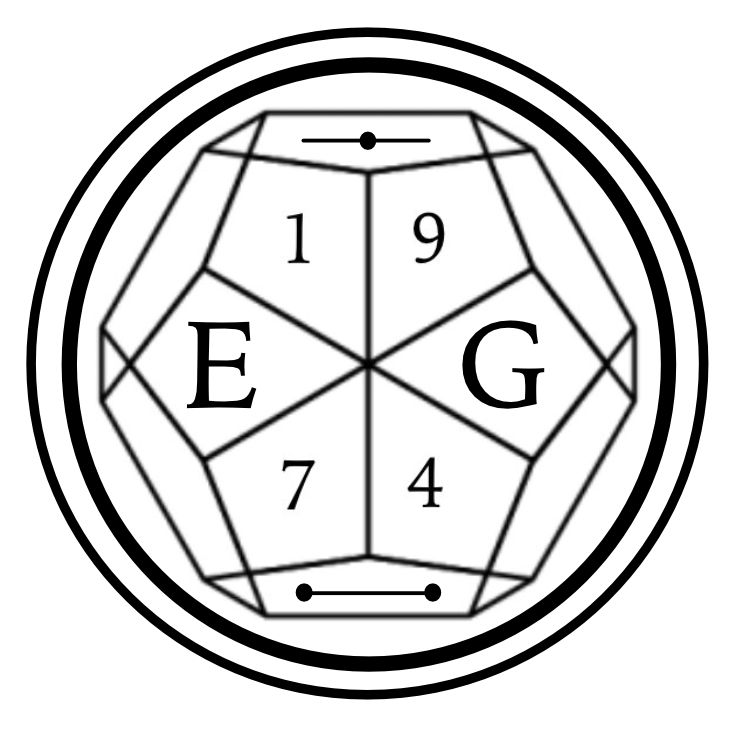Science is what is, which requires nor benefits from belief. Adding a belief layer is interpreting, exploitable, and leads to believing untrue things as true (Science).
Reduced Logical Form: I believe what is (true) = Oxymoron
Oxymoron: A rhetorical figure in which incongruous or contradictory terms are combined
Explainer: It is impossible to believe what is true.
—Highly Related—
Question: 1 - Is it true or false?
Hint: Is/must/can the number/digit/integer 1 (one) be boolean in [all] cases? What are the conditions in which 1 is false?
Test from OCaml:
if 1 then true else false;;
Theorem Pseudocode: if (1 = true) && (2 = 1 + 1) && (2 = true && true) then [true +& true +& …] = true else nothing else matters
Note my recursive application to all other numbers/physics and inference that if 1 is not true, nothing is true
Postulation: All positive integers are true


Belief is just what you personally think is true, there is no universal concept of true, even things that the majority of people believe to be true are not necessarily universally agreed upon. Even something as basic as 1 + 1 == 2 might not be believed by some people. There is no accepted universal arbiter of truth. When people say they believe in science they mean that they recognize the scientific process as the best way we have found to determine what is true in our reality.
Take as an example that the Earth is an approximate sphere. Most people agree that this is true and therefore believe this. But there also exist people who do not believe this, that argue it is not true. They do not believe it. What is true is not agreed upon. These people have a fundamentally different perception of reality. Those that believe in science trust in the systems and methods of the scientific process and therefore when such systems tell us that the Earth is in fact a slightly flattened spheroid we accept that as a truth. That is what it means to believe in science.
There are plenty of cases where 1 + 1 == 0 , it’s not about just some people.